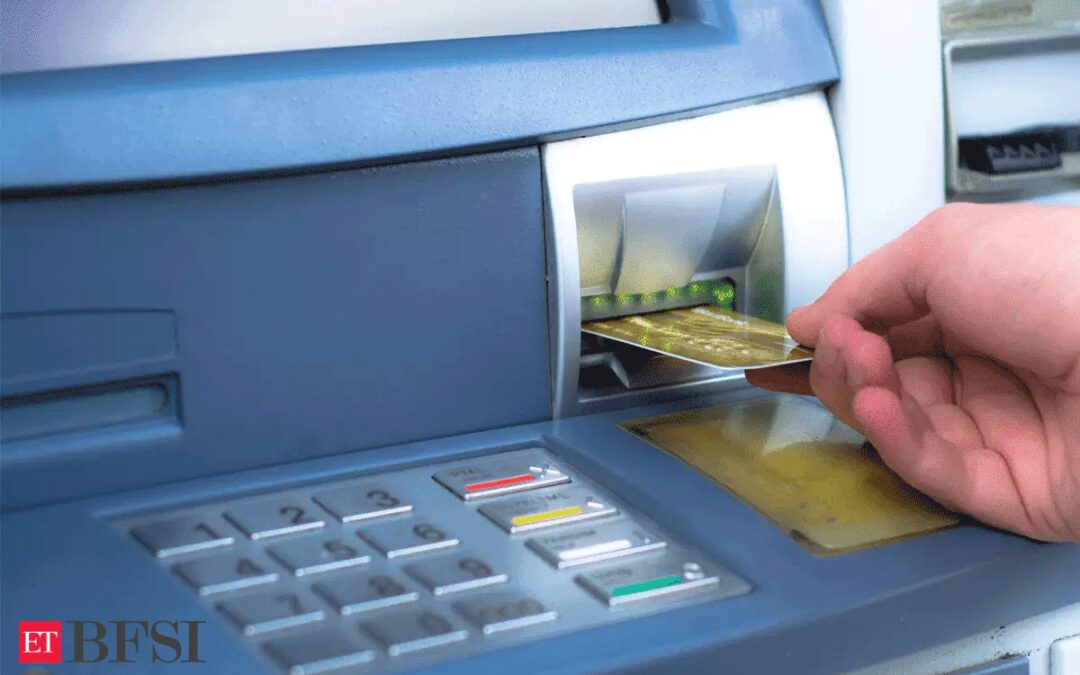New Delhi: The Reserve Bank of India (RBI) has set up a committee to review the fee structure for white-label ATMs (WLAs). This committee will evaluate current policies and practices, aiming to recommend a fair and sustainable model that balances the interests of all stakeholders, said people aware of the development.
“An assessment will be done on fee structure, existing ATM infrastructure and international best practices,” said a bank executive, adding that the committee will submit its report to deputy governor T Rabi Sankar.
As per industry estimates, India’s ATM market is expected to grow at a CAGR of 9.2% from 2024 to 2032.
The committee, headed by Indian Banks’ Association chief executive Sunil Mehta, has representation from the National Payments Corporation of India (NPCI), leading banks and other stakeholders, including ATM manufacturers. At present, there are four authorised non-bank entities operating white-label ATMs in the country.
“The biggest challenge is the interchange fee, which is currently the same for both bank-operated ATMs and WLAs,” said an industry executive, adding that with increased digital banking, the transactions at ATMs have declined, which is making operations unsustainable.
“Besides, most WLAs operate in rural areas where transactions are low as compared with urban areas,” he added. The interchange fee is around ₹17 for a financial transaction and ₹6 for a non-financial transaction. This essentially means that the bank gives ₹17 to the other party if its customers use the ATM of the other bank.
In 2012, RBI allowed non-banking companies incorporated under the Companies Act to set up, own and operate ATMs called WLAs with the aim of driving ATM penetration in the country, with a greater focus on tier-2 to -4 centres. In 2016, it allowed white-label ATM operators (WLAOs) to source cash from retail outlets to address the cash sourcing constraints. In 2019, the regulator allowed on-tap authorisation for WLAs.
Earlier, WLAOs had suggested a revision of interchange fee for financial transactions to up to ₹30 and for non-financial transactions to ₹10. They had also made suggestions to consider an option for them to levy convenience fees (access fees) over and above interchange fees.
An RBI committee set up in 2019 to review the ATM interchange fee structure also recommended reviewing interchange and customer ATM usage charges at stipulated intervals by RBI.











